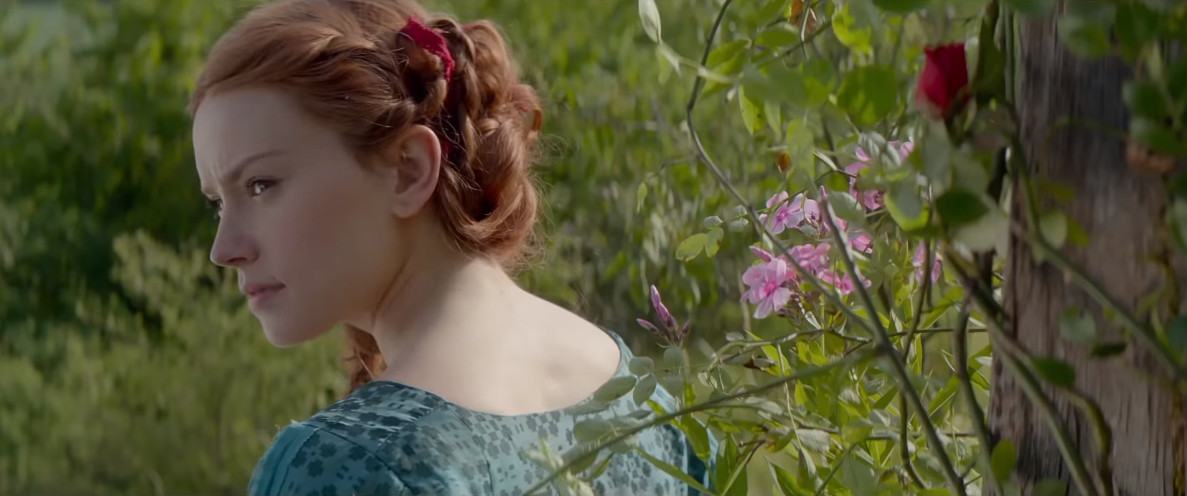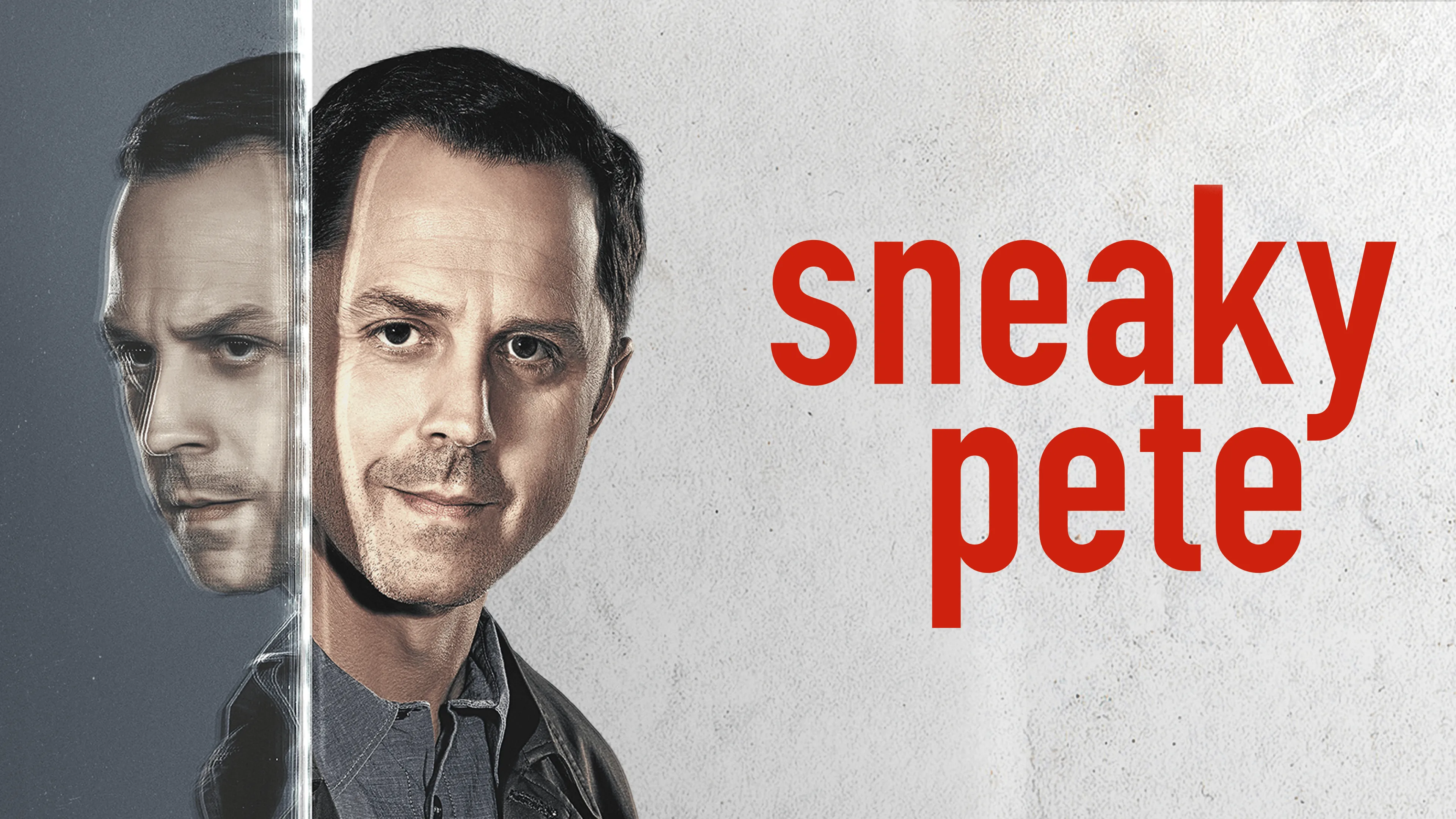She was never just a footnote—this is her story, in her words
Ophelia (2018), directed by Claire McCarthy, is a bold, revisionist reimagining of Shakespeare’s Hamlet—but this time, through the eyes of the woman history left behind. By placing Ophelia at the center of her own narrative, the film gives voice to one of literature’s most tragic and overlooked figures, transforming her from a symbol of madness into a symbol of strength, wit, and self-determination.
Played with luminous complexity by Daisy Ridley, Ophelia is no longer the fragile, doomed girl waiting in the wings of a prince’s tragedy. Instead, she’s a curious, sharp-minded lady-in-waiting to Queen Gertrude, trained in observation, art, and survival. The film follows her journey as she navigates palace intrigue, forbidden romance, and a treacherous web of political deceit. Her love for Prince Hamlet (George MacKay) is genuine, but it does not define her—rather, it challenges her to choose between loyalty and self-preservation.

The film smartly expands on Shakespeare's world while bending its rules. Naomi Watts shines in a dual role as Queen Gertrude and her twin, the mysterious herbalist Mechtild, giving the story a mythic, almost gothic quality. McCarthy’s direction bathes the film in painterly colors and dreamlike atmosphere, turning Elsinore into both a physical kingdom and a metaphor for mental and moral entrapment. What was once a male-dominated drama becomes a tale of female agency under pressure, deception, and danger.
One of the film’s boldest choices is how it reframes the ending. Rather than letting Ophelia drown—literally or metaphorically—it gives her the chance to rewrite her fate. This version of the story doesn’t deny the heartbreak or horror of Shakespeare’s tragedy, but it offers something even more compelling: a possibility of rebirth. In Ophelia, madness isn’t the end—it’s the mask she uses to escape.

Ultimately, Ophelia is a story of reclamation. It doesn’t just flip the script—it asks why the script was written that way in the first place. For viewers familiar with Hamlet, it offers a richly imagined “what if.” For those new to the tale, it delivers a standalone epic about a woman who refuses to disappear quietly into history.



